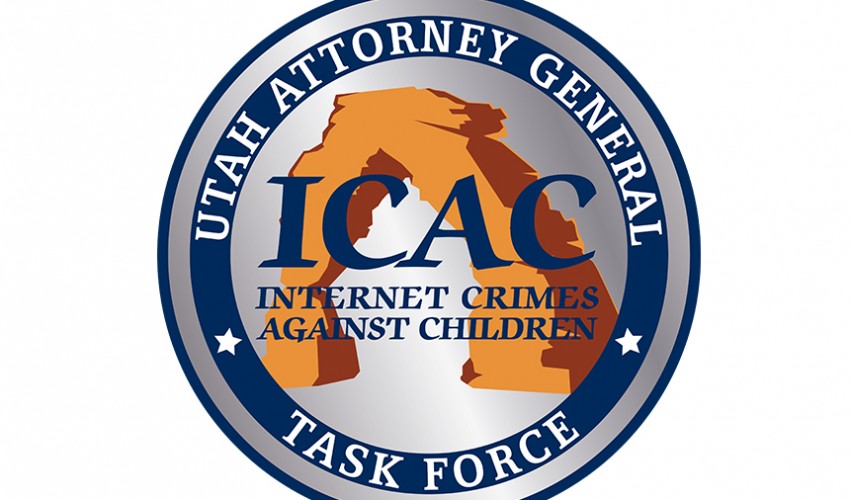SALT LAKE CITY (Feb 2, 2015) — The Utah Supreme Court affirmed Daniel Roberts conviction for five counts of sexual exploitation of a minor arising from child pornography found on his laptop computer. The case was investigated and prosecuted by the Utah Attorney General’s Internet Crime Against Children (ICAC) task force beginning in 2009 and Roberts was originally convicted in the Seventh District, Castle Dale Court by the Honorable Douglas B Thomas. The defendant then appealed four of the district court’s pretrial rulings including the use of an online investigation tool.
“The intricate and layered nature of this case has demanded critical and skilled legal work by the Utah Attorney General’s Criminal Appeals Division. Assistant Attorney General Marian Decker represented our office extremely well as she oversaw this case through the Utah Supreme Court proceedings,” said Attorney General Sean Reyes. “Our Internet Crimes Against Children task force, comprised of AG investigators and prosecutors along with agents from many agencies, leads the nation not only in expertise and effectiveness, but also in the unique technologies we utilize in tracking criminals engaged in the dark enterprise of child pornography. Today’s affirmation from the Supreme Court is not only a victory for this case, but for many in the future where we use similar investigative tools.”
While investigating Roberts, ICAC conducted an online investigation for IP addresses sharing known child pornography files using the online investigative tool Wyoming Toolkit. ICAC investigators observed that an IP address out of Emery County was sharing known child pornography files and submitted a report to the FBI and an agent visually confirmed that the SHA-1 values of the suspect files were in fact associated with known child pornography files. The agent used this information to obtain an administrative subpoena for the internet service provider and identified Daniel Roberts as the customer assigned to the suspect IP address. The agent then obtained a search warrant for his computers and Roberts admitted to downloading child pornography for a year, and deleting files as soon as he knew the FBI wanted to meet with him. The warrant supported search of his laptop turned up five child pornography files.
The Utah Supreme Court held that ICAC’s use of the investigative tool Wyoming Toolkit to identify child pornography in a file shared openly online is not a search within the meaning of the Fourth Amendment. The ruling also affirmed that the use of an administrative subpoena to obtain subscriber information from an internet service provider was lawful and that Roberts failed to show that the sexual exploitation statute subjects defense counsel to the risk of prosecution.
# # #

